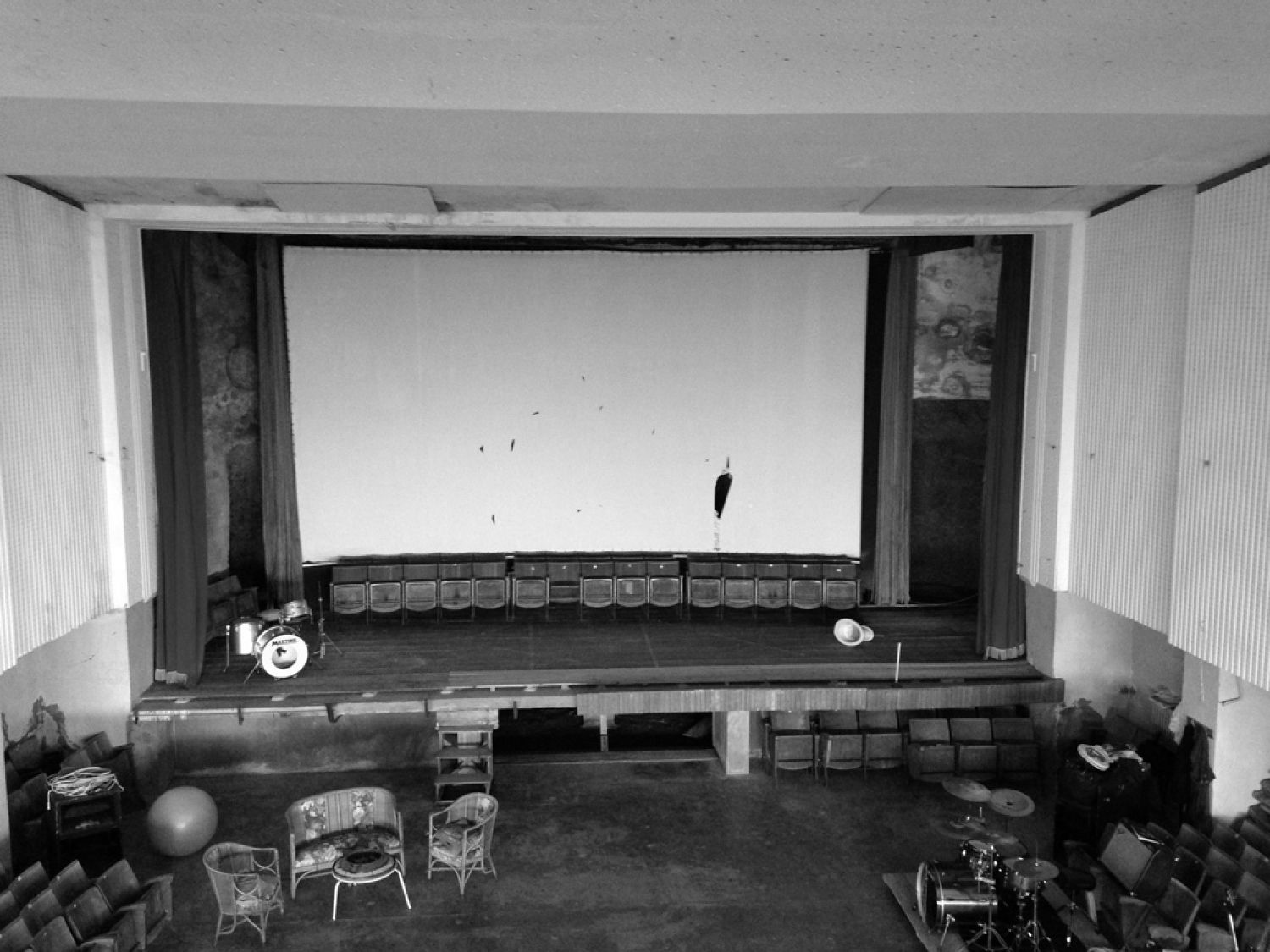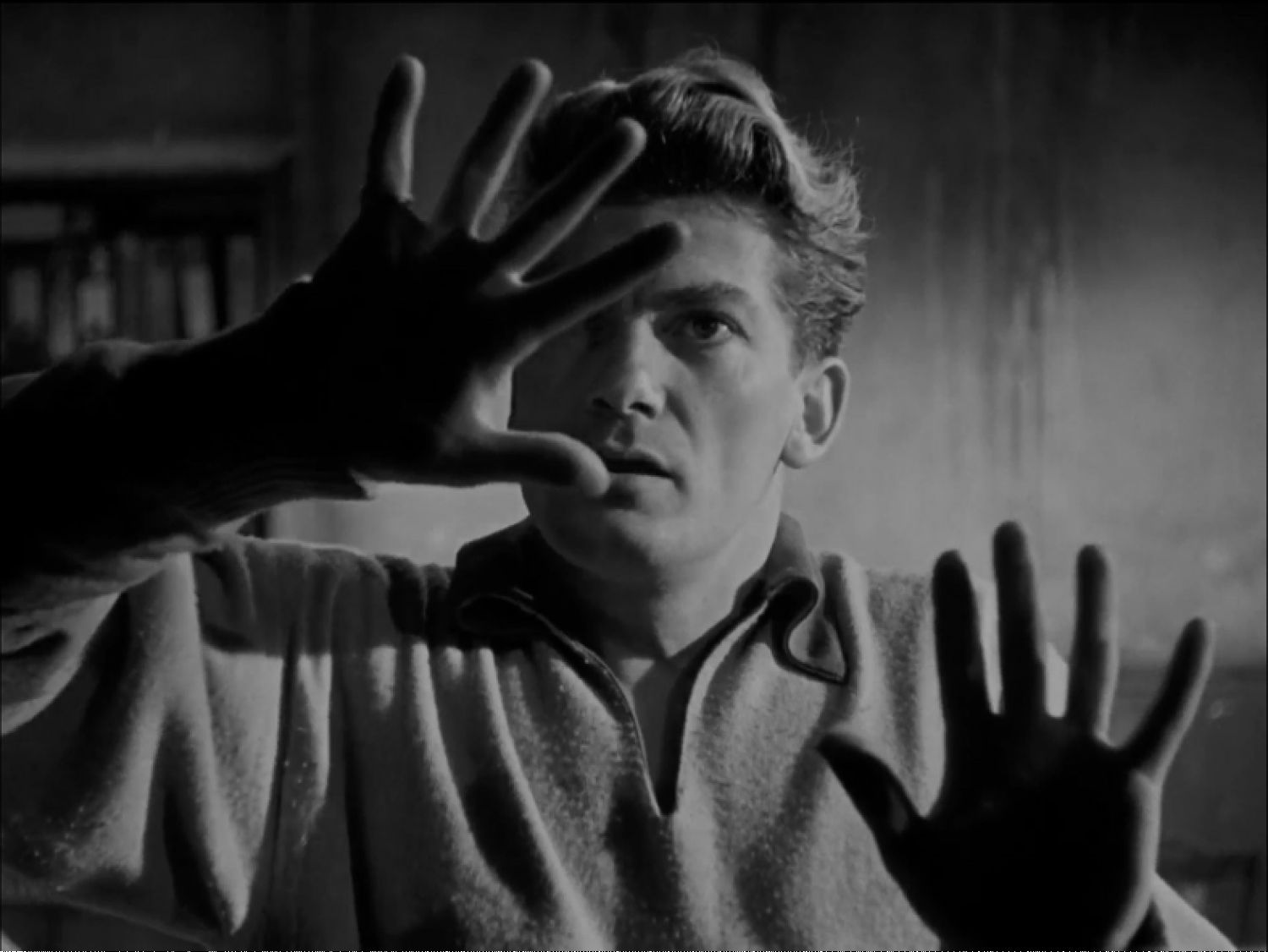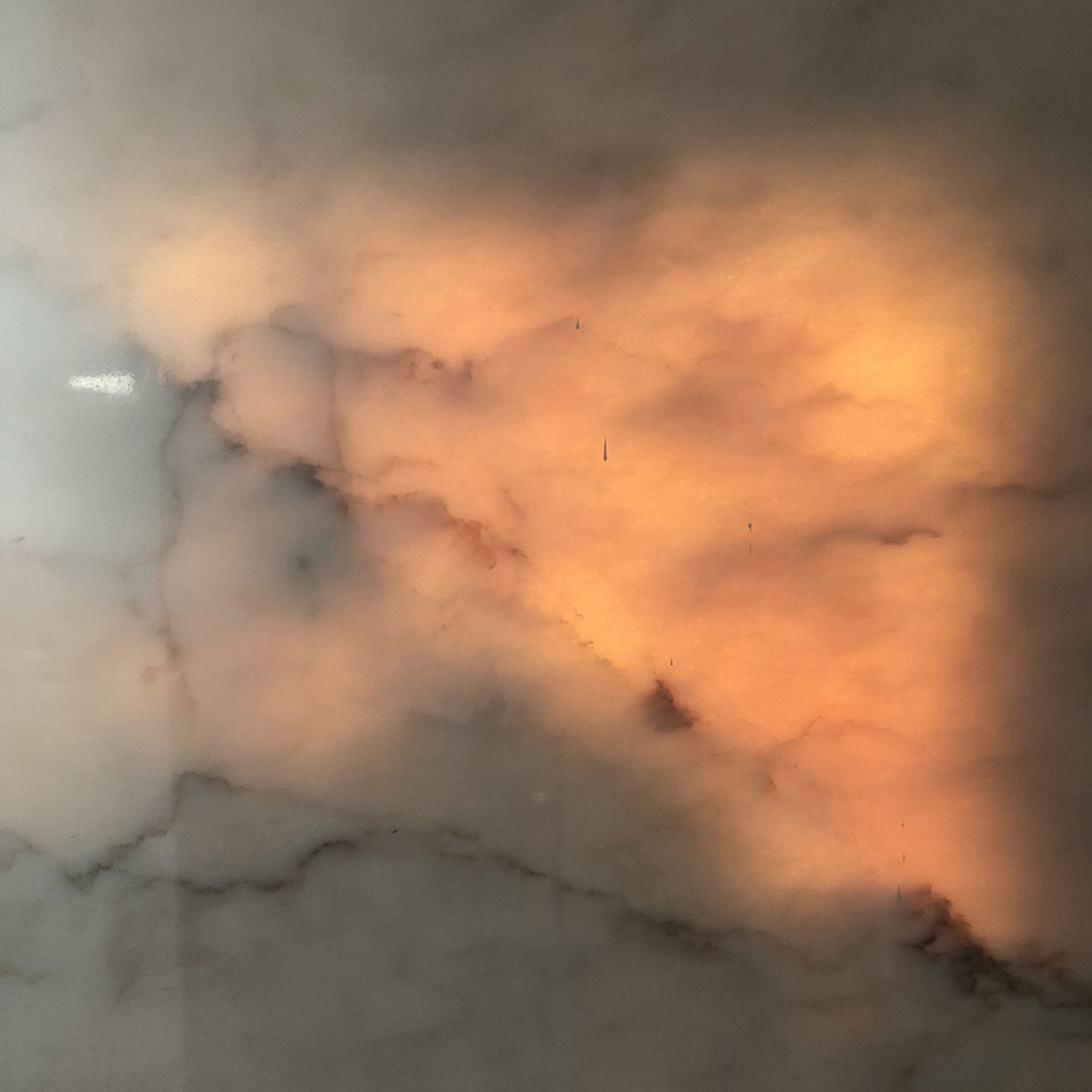The theatre is closed
Bruno Humberto
1.
The theatre is closed. The wait is over. The spectator, as he becomes aware of the slow degradation of the day, lets his body root in the marble. Once again, all at once, the substance of thirst rises up to the throat. The show, which lasted nights, months, gets to the point of not beginning. From a room into the garden, from the garden into the room, from the room into the abyss. Everything has its end, even if it’s not articulated. The talent of production sometimes becomes a kind of cancer. Another gap between what preserves us and what kills us.
Hesitation
rumbling
suddenly inhabits the spectator.
He decides to stay,
to keep everything on fire,
until there is no more doing.
2.
The night has these things. One does not understand well how, when and why it is decided to elect your body, once left to abandonment, without first speculating that it is a translucent, thin house.
But the erosion of the walls is irreversible and reveals the secretion that spits the inner pus upon the haze of days.
And in the immovable silence before the show, blood builds up around the femur, spreading then slowly to other parts, over the time that cement takes to become lava,
until the whole building ignites.
The spectator then rises in a panic.
3.
At that moment, it was expected that something would happen,
That this absence would surely hit the expectation of the spectator,
That the expectation of that closed space would happen in the spectator
and that he would then turn around himself,
as if the having witnessed nothing
would open a wound of understanding at the centre of his own certainty.
The initiation matter that is expected before the fire
are the very ashes of the body.
4.
Under the stage, on the back of the screen, all this is carefully staged and repeated night after nothing, nothing after night.
And we do this for years.
We project a lifetime inside the room and remain outside, waiting, in the entrance foyer.
–
Image: Ex Cinema Mele Aperto. © Alice Geirinhas

